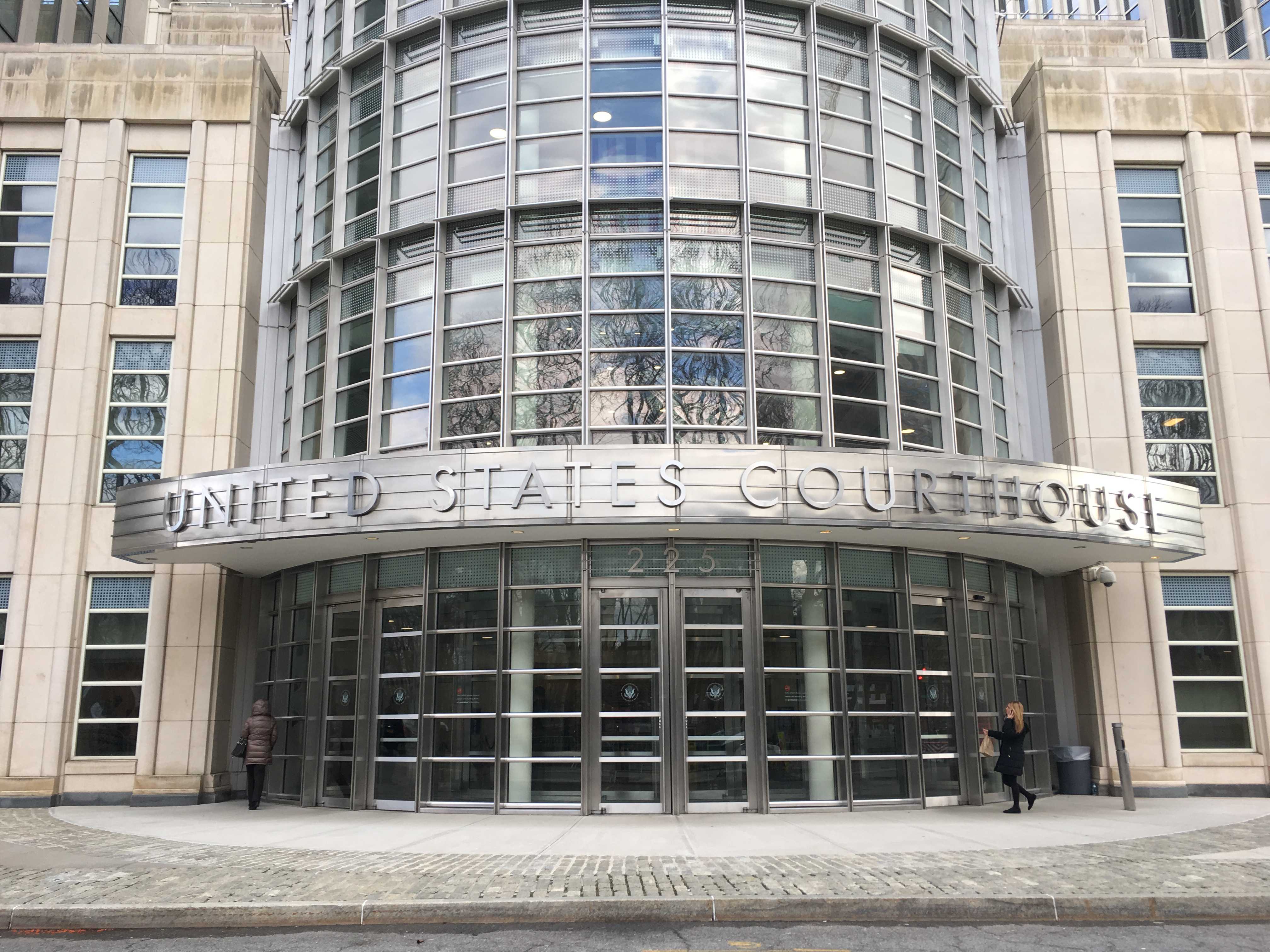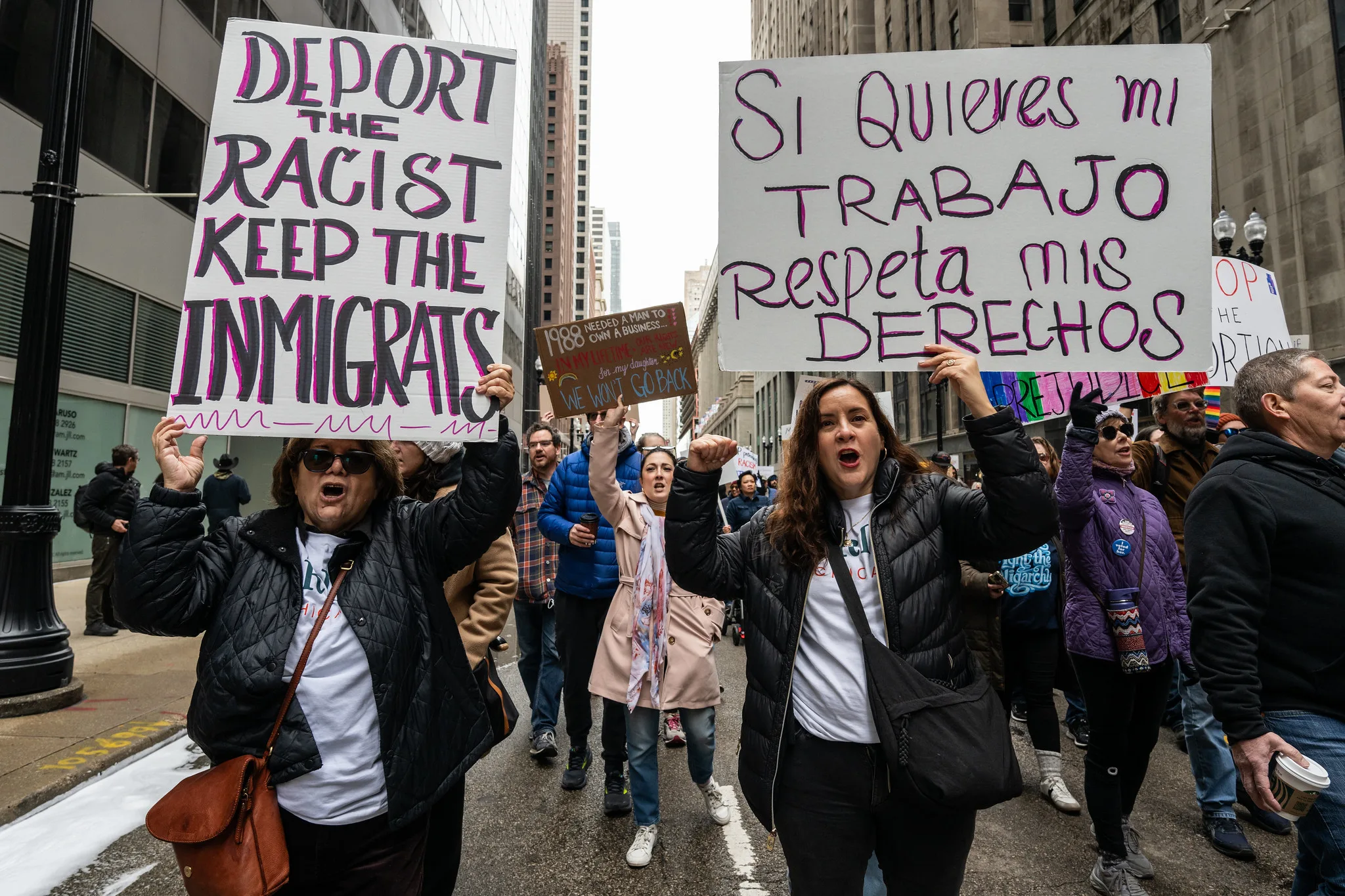The Department of Homeland Security may have violated its own policies and federal law in its effort to terminate Temporary Protected Status designation for Haitian nationals, according to a former Obama administration official.
In court testimony Tuesday, Leon Rodriguez, who was director of the U.S. Citizenship and Immigration Services from 2014 to 2017, said the current administration has departed from the fact-based procedures he had in place when evaluating TPS for Haitians. The TPS designation has been in effect since just after the January 2010 earthquake in Haiti and, like TPS designation for nationals of nine other countries, allows Haitians to live and work legally in the U.S.
A group including Haitian TPS holders, a community organization, and a Haitian newspaper have filed suit in U.S. District Court in Brooklyn to halt the Trump administration’s plan to end TPS status by July 2019 for some 50,000 Haitians in the U.S., forcing them to either find an alternate status or face removal to Haiti. About 5,000 Haitian TPS holders live in New York City. An injunction issued by U.S. District Judge Edward Chen in a separate case in California, Ramos et al v. Nielsen et al, is also currently preventing the government from ending TPS for four countries, including Haiti.
In his direct examination of Rodriguez, Ira Kurzban, an attorney for the plaintiffs, highlighted how USCIS staff research and present to the USCIS director information on country conditions that would affect the ability of foreign nationals to safely return to a country of origin. Rodriguez said that, as the director, he interpreted and condensed the evidence into a recommendation of whether to designate TPS for a country that didn’t already have it, or re-designate, extend, or terminate it for a country that already did. That recommendation is then sent to the Secretary of Homeland Security, who makes the final decision. At the time of the Haiti TPS decision, in November 2017, the Department was led by Acting Secretary Elaine Duke.
Based on copies of the country reports and current USCIS Director L. Francis Cissna’s ultimate recommendation memo to Duke, Rodriguez testified that there were multiple considerations, including Haiti’s level of food insecurity, gender-based violence, and government stability that should have been considered under Title 8, section 1254a of the United States Code, under which the TPS designation was made. A TPS designation may be terminated only if DHS finds that the conditions under which the original designation was made are no longer met.
[Read more about TPS holders from El Salvador who live on Long Island]
Earthquake not relevant to TPS status
Haiti’s designation came from subsection (b)(1)(C) of the statute, which allows TPS to be granted if “there exist extraordinary and temporary conditions in the foreign state that prevent aliens who are nationals of the state from returning to the state in safety.” According to Rodriguez, this language means it’s irrelevant whether the TPS conditions are a direct result of the 2010 earthquake.
Yet Duke’s Federal Register announcement of the termination repeatedly referred to the fact that negative conditions were not caused by the earthquake in explaining the decision. Because of that, and because relevant information had been included in the country report and left out of the recommendation memo, Rodriguez said that Trump administration DHS officials “omitted several factors that directly relate to the statutory criteria and thus violated the statute.”
The government’s attorney, Joseph Marutollo, chief of the immigration unit at the civil division of the U.S. Attorney’s Office for the Eastern District of New York, disagreed with Rodriguez’s interpretation, saying that the statute gave the DHS secretary broad discretion to make decisions on TPS designations, and insinuated that then deputy secretary Elaine Duke may have had information and inputs from other officials in her department that were unknown to Rodriguez.
The trial in the case, Saget et al v. Trump et al, filed in the Eastern District of New York, located in Brooklyn, continues this week.














